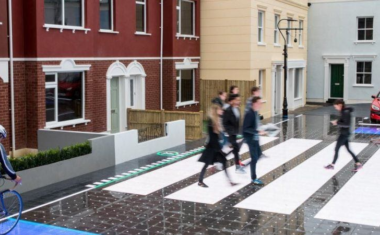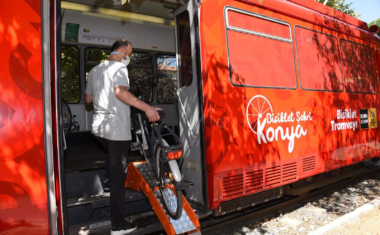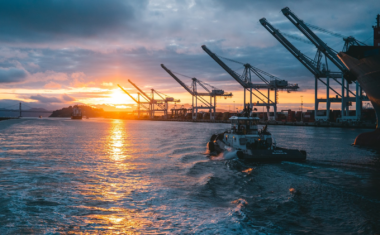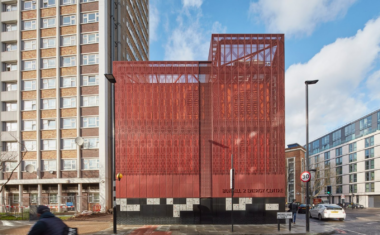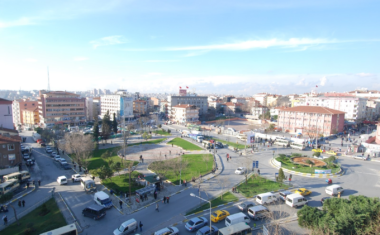Roboat
- 6
- 4 min to read
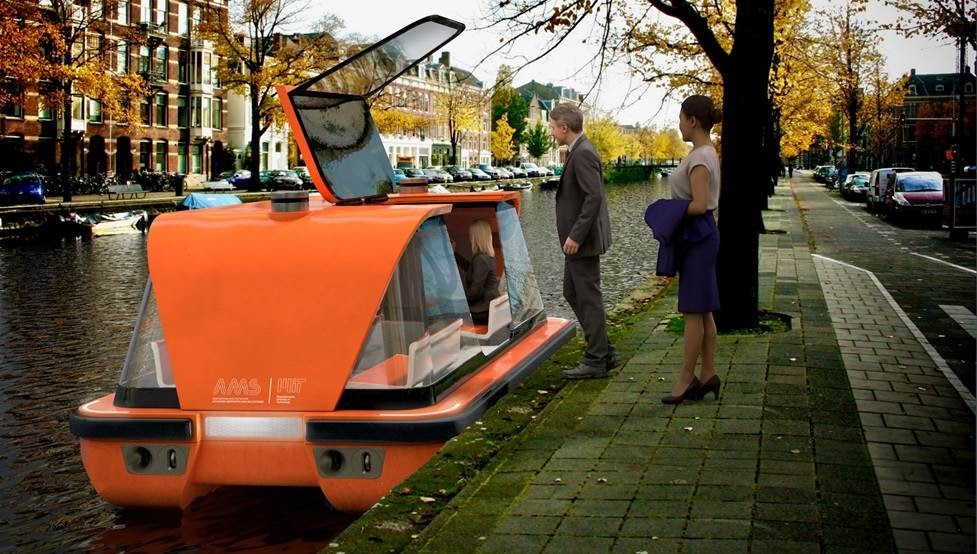
About the city. Due to the fact that 25% of the city of Amsterdam consists of a water surface, Amsterdam offers ideal conditions for expanding its current infrastructure with the deployment of Autonomous vessels, relieving the pressure from the relatively small but busy city centre.
Goal
The aim of the project is to create dynamic infrastructure, transportation of goods and people, and environmental sensing on Amsterdam’s canals.
Implementation period. The program started in 2016.
Fact
There are more than 200 kilometres of waterways in Amsterdam, and they will require a lot of maintenance in the coming years.
Solutions
Roboat is a research program on autonomous floating systems in Amsterdam. The program, scheduled to last five years from 2016, is developing the world’s first fleet of autonomous vessels: autonomous platforms will combine together to form floating bridges and stages, collect waste, deliver goods, transport people, collecting data about the city.
The Roboat uses such technologies as:
- Fluorescence spectroscopy (The sensor is being developed to measure phytoplankton community dynamics within Amsterdam canals.)
- Inertial navigation system (the state-of-the-art lidar-inertial navigation system provide accurate state estimation and high-definition point cloud map of the city by performing real-time simultaneous localization and mapping)
- Perception (LiDAR time-of-flight sensor and a camera to view the surrounding environment)
- Motion planning with obstacle avoidance
- Predictive trajectory tracking (implementing a nonlinear model predictive controller (NMPC)
- Route planning (data-driven computational method)
- Latching (creating dynamic united floating infrastructure)
- Multivessel coordination (The multi-vessel coordination platform includes communication, sensing, and control of multiple units in the Roboat network.)
- Environmental monitoring (Roboat can collect mobile measurements of a variety of environmental conditions)
Team
Amsterdam Institute for Advanced Metropolitan Solutions and the Massachusetts Institute of Technology. (The City of Amsterdam, Amsterdam’s water company Waternet and the City of Boston are supportive of the 5-year program.)
Timeline
- The first prototypes of Roboat were tested in the waters of Amsterdam in 2017.
- In October 2018, a large Roboat demonstration was held and small-scale prototypes were tested on the waters of the Marineterrein Amsterdam.
If you notice an error or inaccuracy in our editorials, please email [email protected] so we can look into it.

